Held in collaboration with In-Docs
LENScape: Documentary Shorts from Southeast Asia is a new short film programme that celebrates the creative spirit of the documentary form. Co-organised by Objectifs and In-Docs, the selected short films will screen in Indonesia within November 2024 to February 2025, and Singapore in March 2025. The programme welcomes films of all topics and themes.
Films with environmental and youth themes will have the opportunity to win the inaugural Silvana S Film Award from the Silvana S Foundation, a non-profit organisation that empowers photographers and filmmakers in Asia Pacific. Worth SGD$8,000, the award will be presented to a documentary filmmaker whose film responds to the theme, ‘Connecting Threads’. The theme acknowledges the myriad ways in which we are linked with others and the environment, exploring how we each have an impact on our communities, including our youth and non-human species.
The submissions were assessed by Objectifs, In-Docs and an external curator, Komtouch Dew Napattaloong.
Special thanks to Silvana S Foundation.
Bridging Our Times by Toh Jia Jun (Singapore)
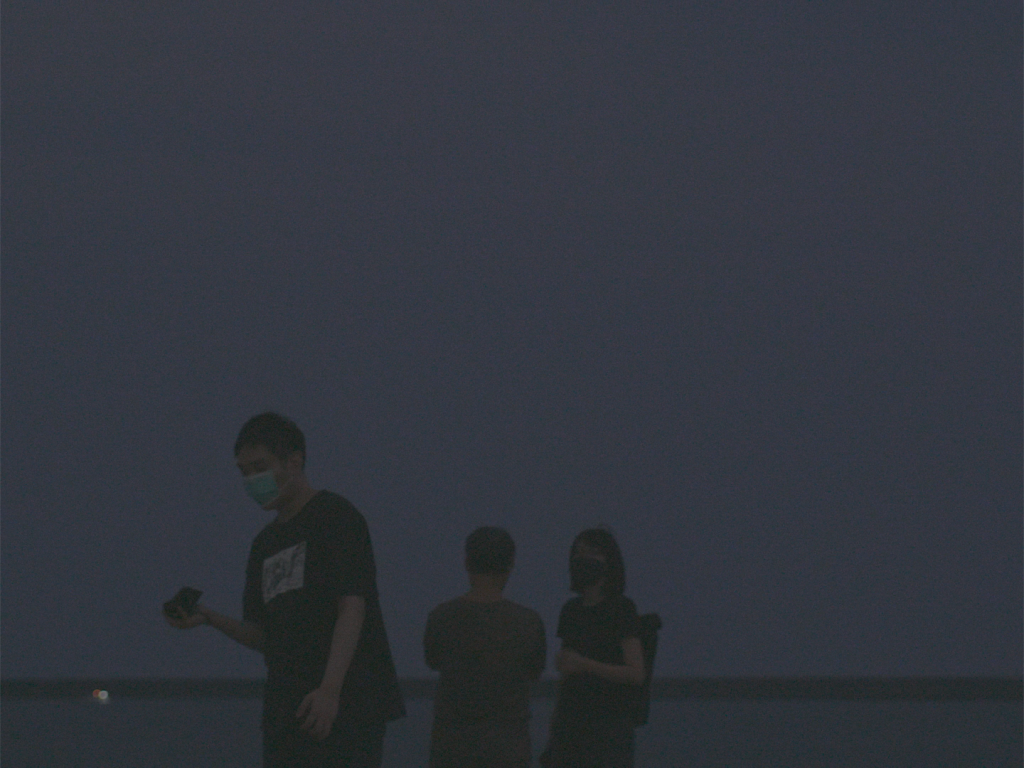
Chi-Lun, 27 years-old, is on the autistic spectrum. He loves taking and watching trains. Studying maps and watching videos of trains and other modes of transport in operation, he is well versed in the transport routes around Taiwan. The gradual easing of the epidemic in Taiwan allowed him to once again go on a train physically. Unable to express himself as he’d like, Chi-Lun has to rely on the guidance of his family to do so. They discuss about when they are going for the trip, the time they depart from home, where they are going to go, the mode of transport to the train station, the train they are going to take and how they are going to reach their destination.
Dear Mom by Hà Lệ Diễm (Vietnam)
*Silvana S Film Award – Winner

Dear Mom traces the story of Song, a 11-year-old Hmong girl who for the past six years has been trying to come to terms with the absence of her mother while growing up in the mountains of northwestern Vietnam.
In the form of a letter written by Song herself, the film offers a (hopefully initial) look at the emotional travails as well as social challenges that children struck by such unfortunate circumstances have to endure and yet somehow still try to overcome.
Here We Are by Chanasorn Chaikitiporn (Thailand)
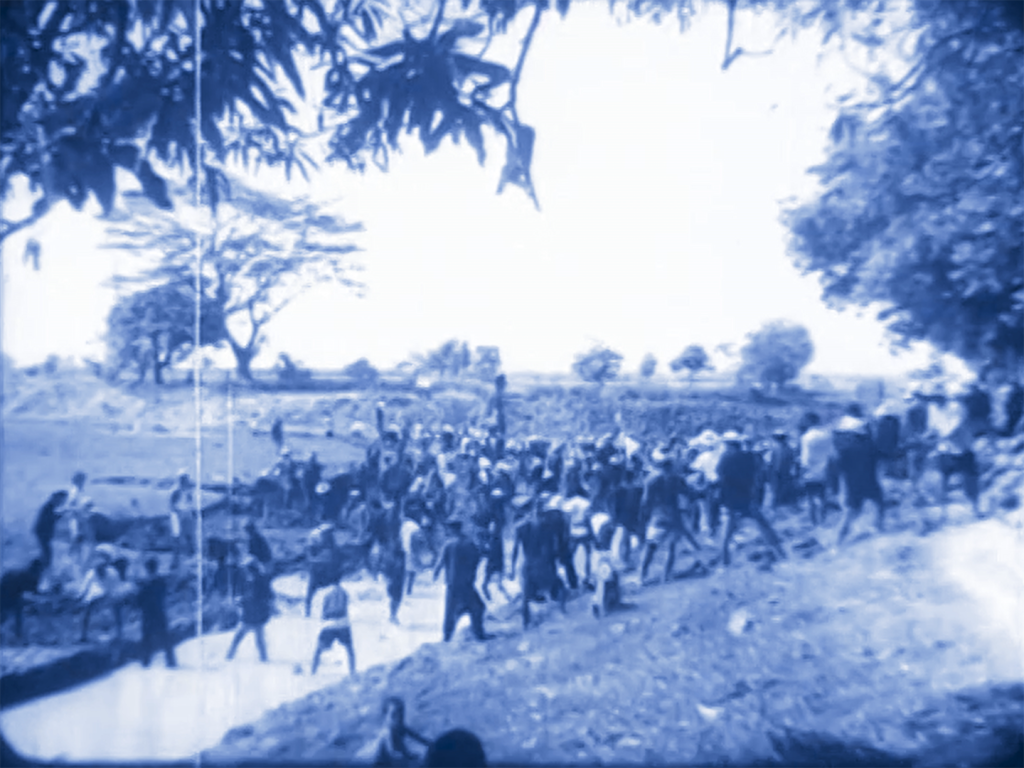
A housekeeper receives a film made by her daughter. Combining found footage of Thailand during the Cold War with present-day images of Bangkok, the film reminds her of anecdotes she heard from the woman she works for and it triggers a re-telling of her own story of coming to the capital. Here We Are seeks to portray the present by reflecting on the past, how the legacy of colonization has survived and been normalized nowadays.
Kanaka by Regina Surbakti (Indonesia)

Between her dream job and her desire to be a mother, Mikha, a nail artist and her family try to find ways to live both.
Kino Kalye by Joel Andrei Ramirez (Philippines)
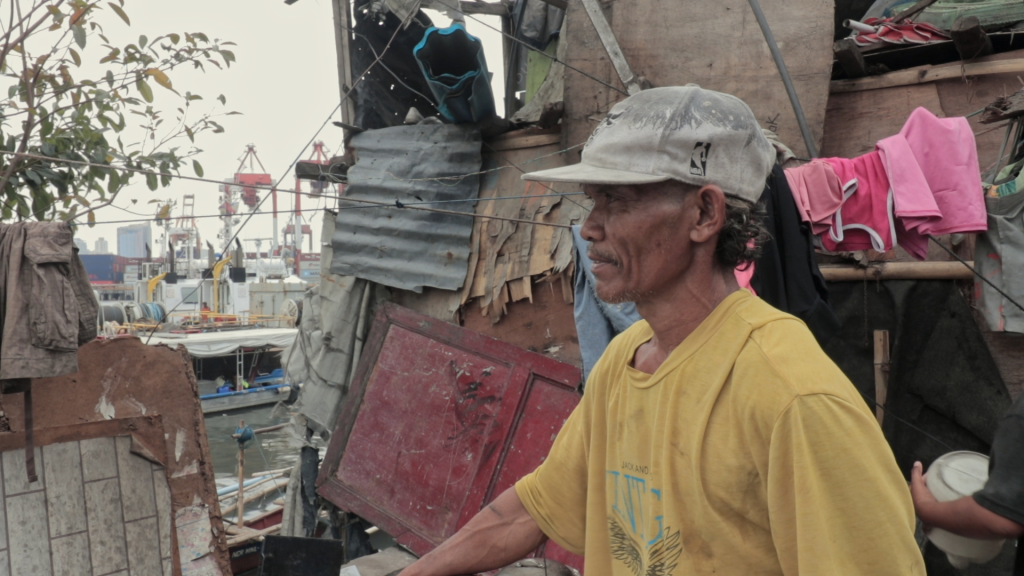
In a Marxist exploration of capitalism, this documentary unveils the hidden truths of alienated labor and commodities, revealing the exploitative relationships behind everyday objects through innovative dialectical editing.
Mối Đêm (Night Termite) by Nguyễn Hồ Bảo Nghi (Vietnam)

After his 15 year long unofficial relationship came to an end, an elderly man, fearing loneliness in his old age and the isolation of life in the Central Highlands, turned to Facebook Dating to find a new girlfriend.
Perfected Grammar by Andrea Suwito (Indonesia)
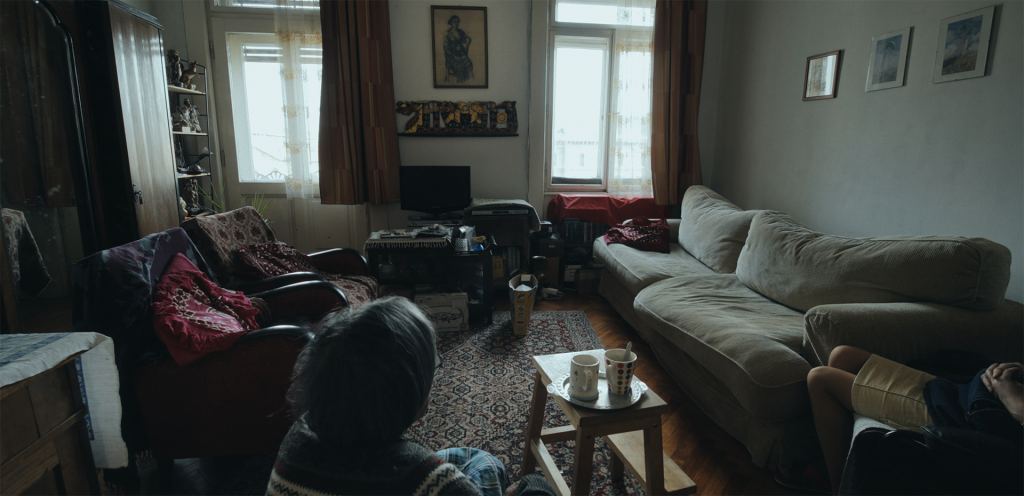
A Mother teaches her Hungarian-speaking Daughter her native language, Indonesian, but the lesson unearths the Mother’s turbulent relationship with her homeland. Against the liveliness of Budapest, the Daughter uncovers poignant truths, their everyday moments narrating Indonesia’s dark history and a longing for a place once called “home”.
Reading You by Angeline Teh (Malaysia)
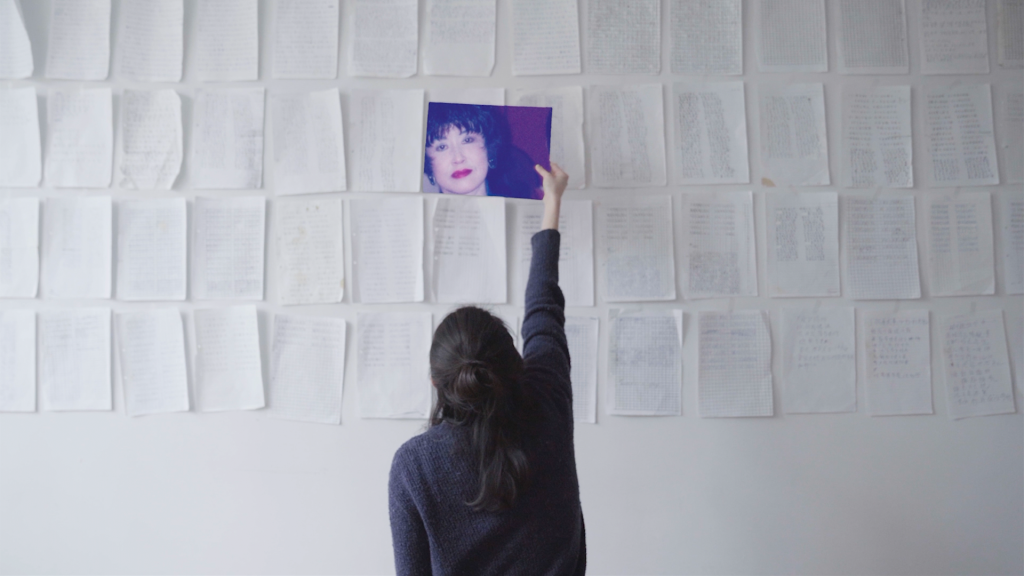
A short film about reconciliation of memories. The filmmaker finds the diaries her mother left behind 16 years after her departure. With this discovery, she confronts her sister about the moment they both last saw their mother as they reconcile their mother’s past together.
Sandcastles by Carin Leong (Singapore)
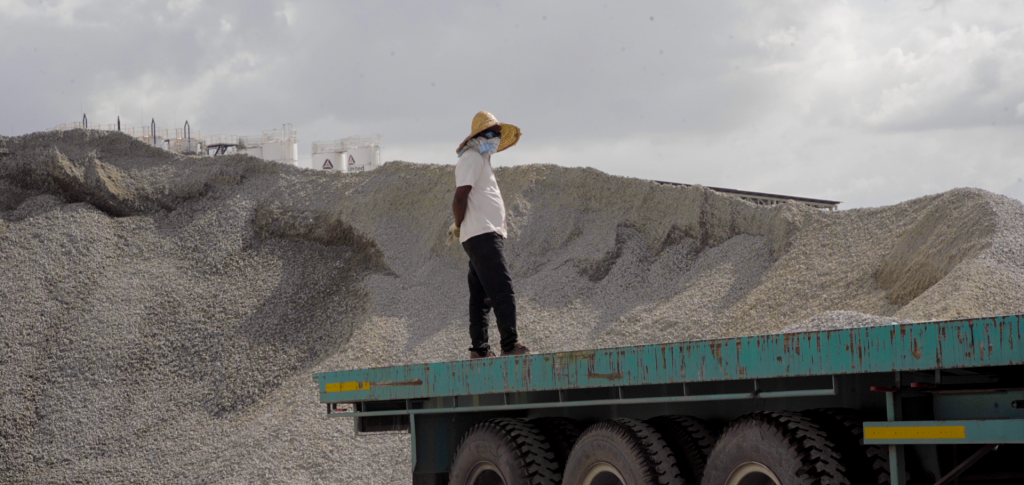
Singapore, Michigan was a thriving lumber town in the late 19th century until erosion from mass deforestation caused the sand dunes around it to shift and swallow the town whole. Just as quickly as Singapore, Michigan disappeared under sand, its namesake in the East emerged from it through land reclamation.
spaces as traces by Teo Shi Yun (Singapore)
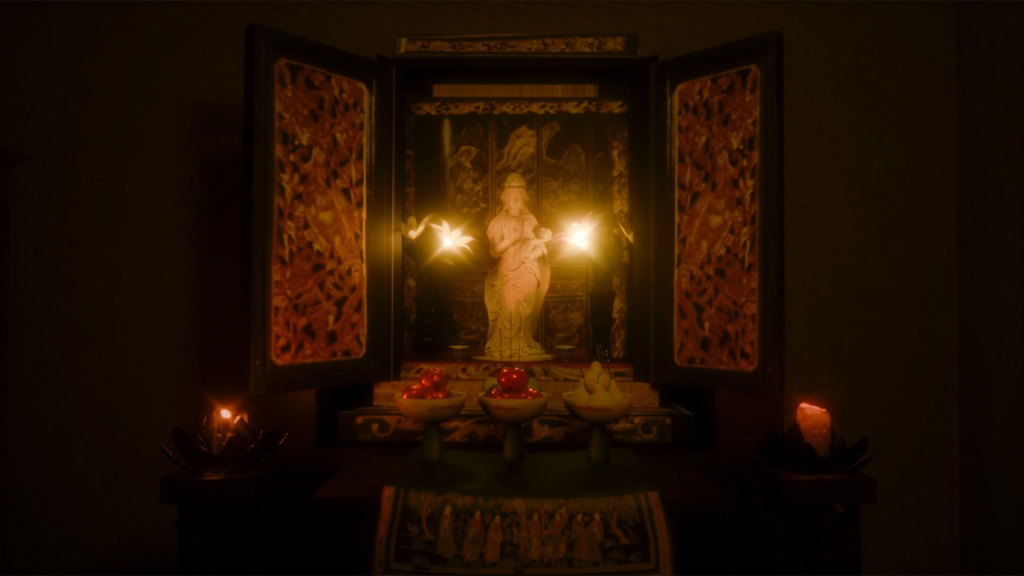
Existing between the domains of architectural, technological and spiritual mediums, ‘spaces as traces’ features found footage, Teo’s body of archival material concerns with Singapore’s architecture and Taoist religious rituals, as well as three-dimensional rendered animation of deities in an imagined science fiction of Chinese mythology.
The film toggles through fiction and archival documentation, interweaving timelines, narratives, and spaces.
The Announced Tragedy by Thanut Rujitanont (Thailand)

The Announced Tragedy uses animation production as a process of memory consolidation. The work can be seen as a personal memory extension that preserves the irrational and incomplete memories of the director towards the house where he grew up. The work recalls the space and time of these memories, ultimately overwriting, re-editing, and re-materializing them in the form of animation. The work consists of 4 chapters, each chapter enacts a specific memory the director had as a child in his house.
The Boy Who Lives By The Sea
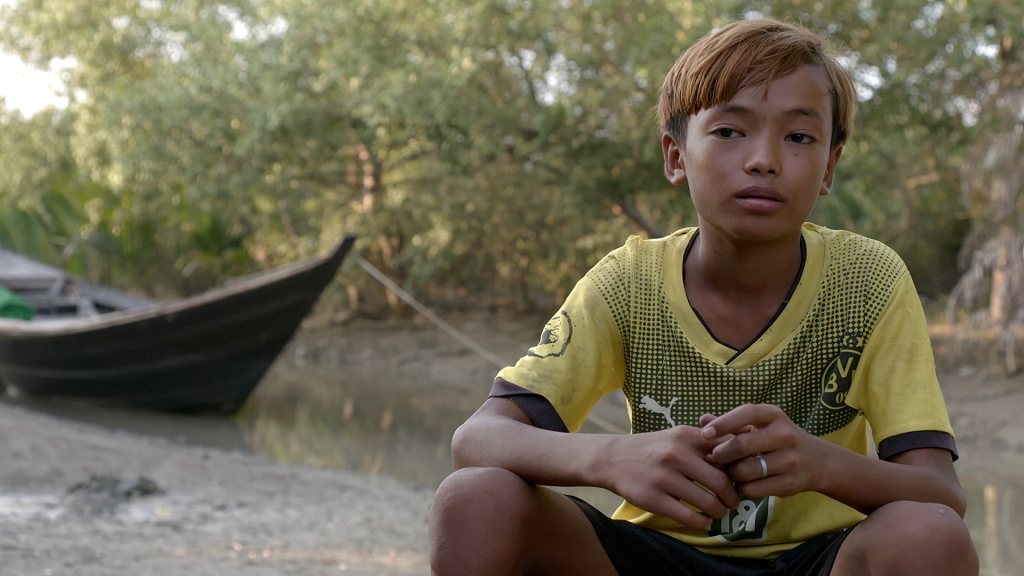
Ko Aung was just a month old when Cyclone Nargis made landfall in Myanmar in 2008. The storm that ripped across the Ayeyarwady Delta taking the homes, the livelihoods, and the lives of so many, also cost him his hearing. Fourteen years later, another cyclone, Mocha, is about to hit his village of Ka Byat in Bogale Township. Ko Aung’s parents are keen to move away from the coast and live in a city where they are no longer at the mercy of the elements and their children can have a better education. As the teenager helps his father prepare their hut for the worst, he shares his love of his home and his unshakable belief that the sea can provide his family with everything they need.
The Sky Is Blue, My Lung is Smiling by Riskya Duavania (Indonesia)
*Silvana S Film Award – Special Mention
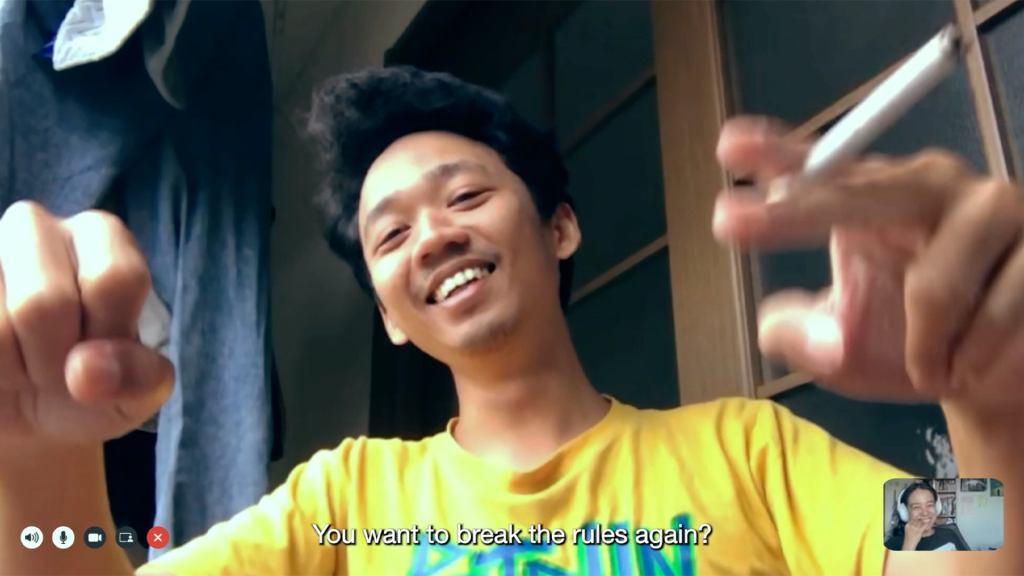
At 25 years old, Alwan is a graduate student residing in Kanazawa, experiencing life abroad for the first time. As an international student, his initial year is marked by the challenges of adapting to a new environment, compounded by difficulties in speaking Japanese. This language barrier contributes to the mundane and monotonous nature of his daily routine. However, Alwan’s life takes an unexpected turn when he encounters a culture shock, plunging him into a serious issue that unfolds within the police department of Kanazawa.
Tutaha Subang, A Tale for My Daughter by Wulan Putri

In
Tutaha Subang, A Tale for My Daughter, viewers are invited to delve into the emotional narrative of Rikarda Maa through her letter to her daughter, Mila, amidst the threat of palm oil expansion encroaching on the Awyu tribe’s ancestral land. Rikarda’s words reveal the love and determination fueling their struggle. The documentary intertwines personal narrative with footage of the Sasi Procession—a ritual of resistance where the Awyu tribe raises a towering red cross as a symbol of their fight.
As memories and words falter, events and time freeze, the film explores the experience of a woman, mother, and fighter, capturing the trial of a community and their bond with the land and ancestors. It leads us to question what lies at the boundaries between progress and preservation, between development and collapse.
About Silvana S Foundation
The Silvana S Foundation supports image-based work that addresses environmental and youth -related causes. It was established in honour of Indonesia-born Silvana Sutanto (1957 – 2016), who spent most of her adult life in Singapore. As she discovered her voice through the photographic medium, and joy in conveying stories through images, Silvana set out on a dedicated path to deepen her practice. She undertook an apprenticeship with a professional photographer in Hong Kong that spanned several years, and later travelled to remote regions such as Kenya, Papua New Guinea, and Alaska. These expeditions allowed her to engage with the natural world through the lens of her camera. Silvana was fearless in her pursuit of the perfect shot, stepping out bravely into untrodden terrain and often braving the wild in harsh conditions. Her keen eye was recognised with numerous exhibitions and awards.
For more on the foundation, visit https://silvanasfoundation.sg/















